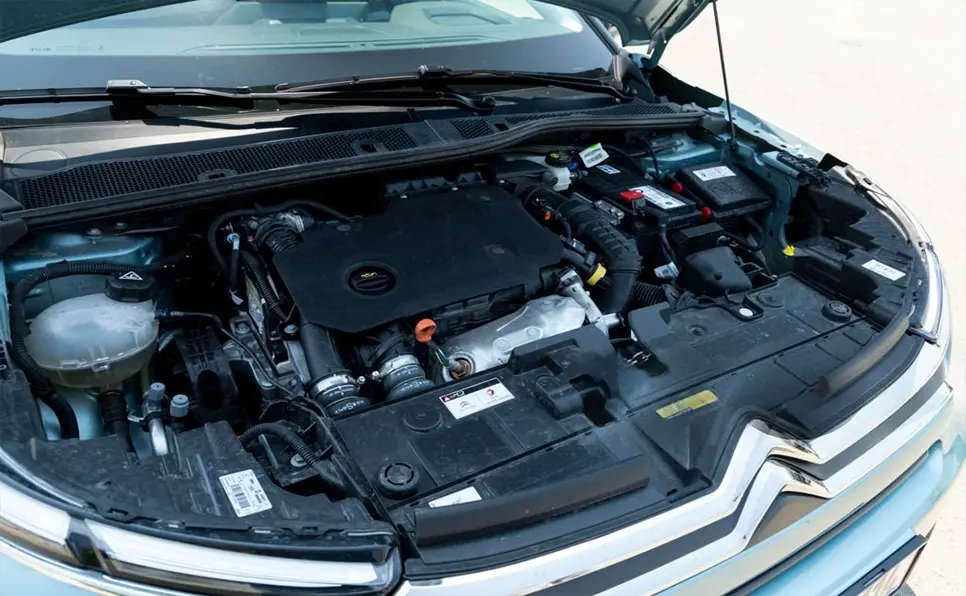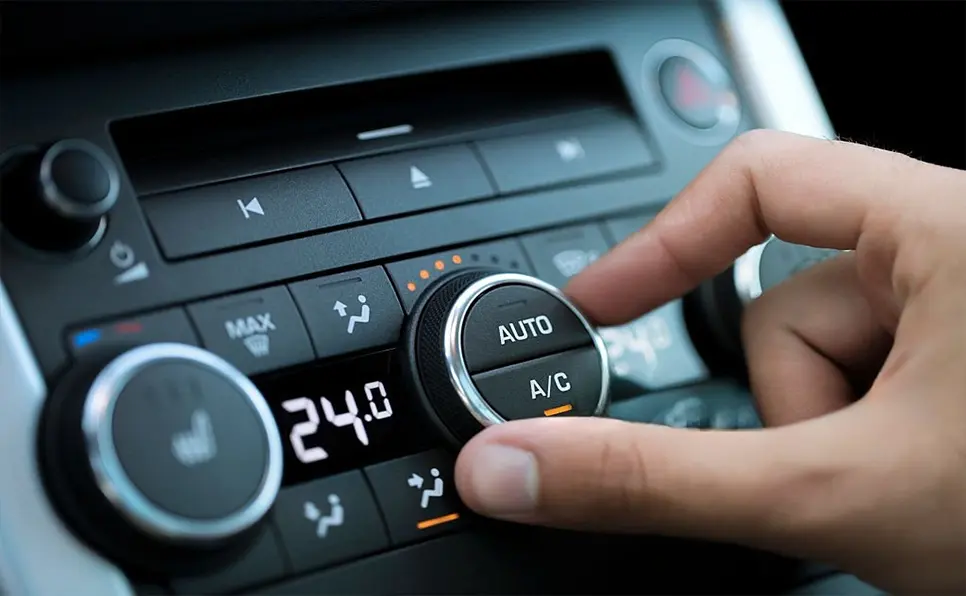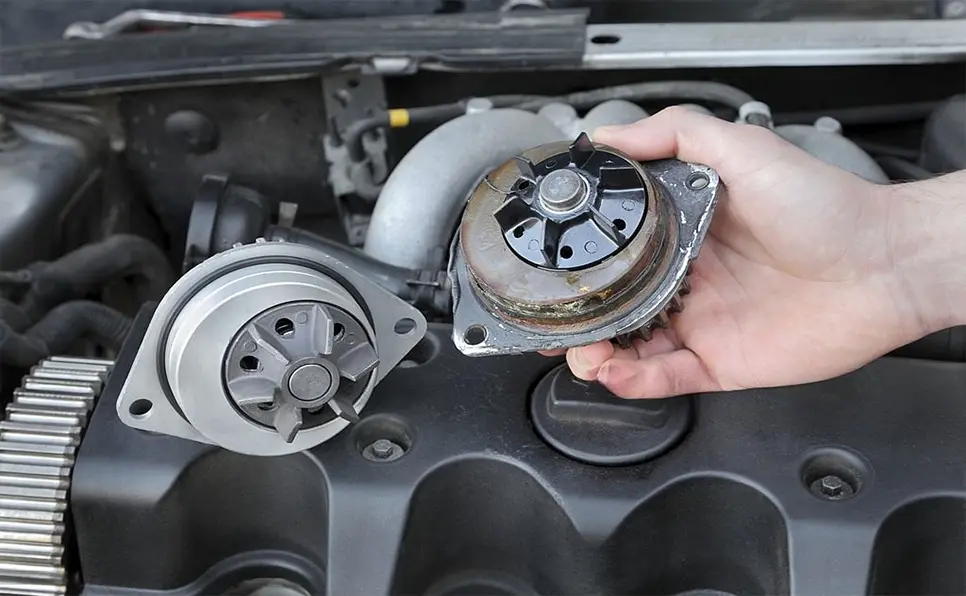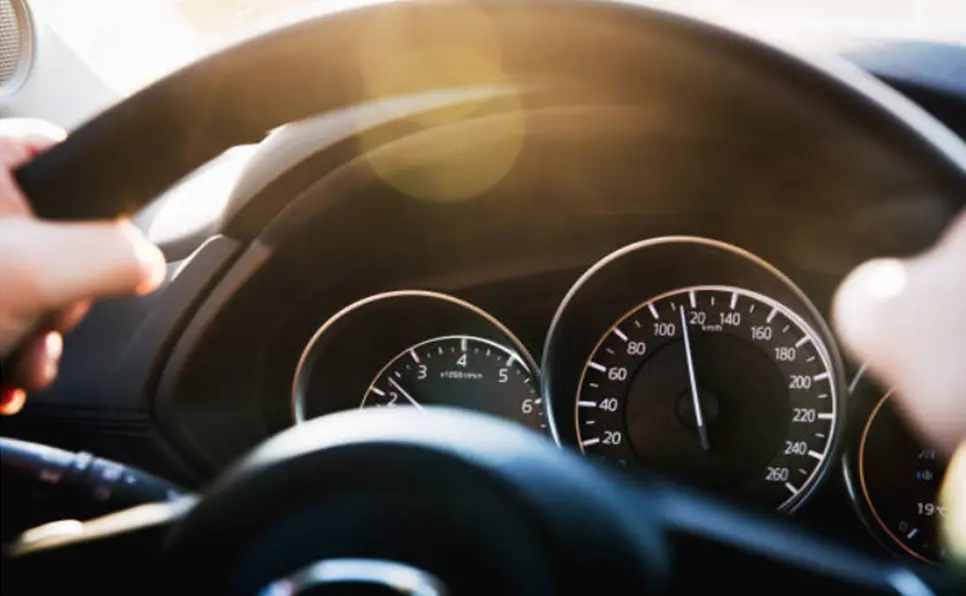
Diesel engines are the most common engine in the world. Most cars in Europe, for example, rely on diesel engines. This is due to the lower price of diesel compared to gasoline, and also to the increased torque and performance of diesel engines.
Diesel engines, like any other engine, have many faults and malfunctions. Despite their power, diesel engines can sometimes experience significant torque declines. Therefore, we will present the most important causes of weak diesel engine torque.
The Exhaust Gas Recirculation (EGR) System
The exhaust gas recirculation system is an important component of the engine. It allows the re-burning of gases flowing from the combustion chambers to ensure full utilization of the fuel. This is a key factor in reducing fuel consumption and also reducing emissions.
The exhaust gas recirculation system operates in tandem with the engine, but sometimes it can cause a loss of torque and an increase in fuel consumption. The most important factor in this is the accumulated dirt inside it. Therefore, it must be disassembled and thoroughly cleaned periodically.
In some cases, dirt isn’t the cause of weak engine torque, but rather a faulty exhaust gas recirculation (EGR) system. You can detect this when you see thick smoke coming from the exhaust along with a significant increase in fuel consumption. The smoke is usually accompanied by the smell of unburned fuel.
The solution is to repair or replace the exhaust gas recirculation (EGR) system with a new one. In some models of cars, you can simply unplug the EGR system. The engine will run normally, but you won’t benefit from the system’s features.
Diesel Pump Failure
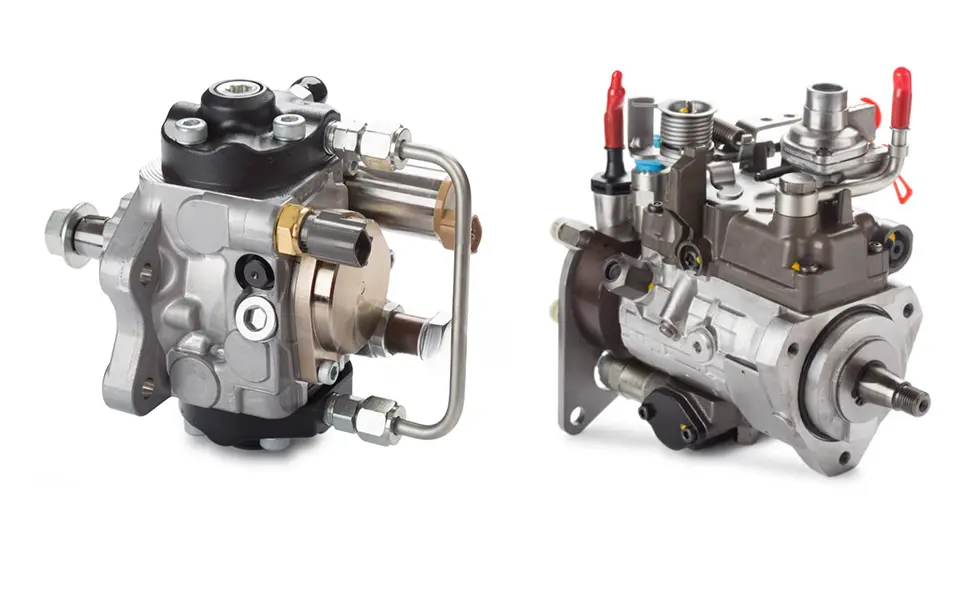
Diesel engines have a fuel pump that rotates with the engine. In some cases, a diesel pump failure results in reduced performance, which is reflected in reduced engine torque. Of course, the failure won’t occur all at once, but it will gradually increase until it stops completely. Using fuel that is contaminated with dirt will accelerate the failure.
The solution to this problem lies in repairing the pump or replacing it with a new one.
Failure of one or more injectors
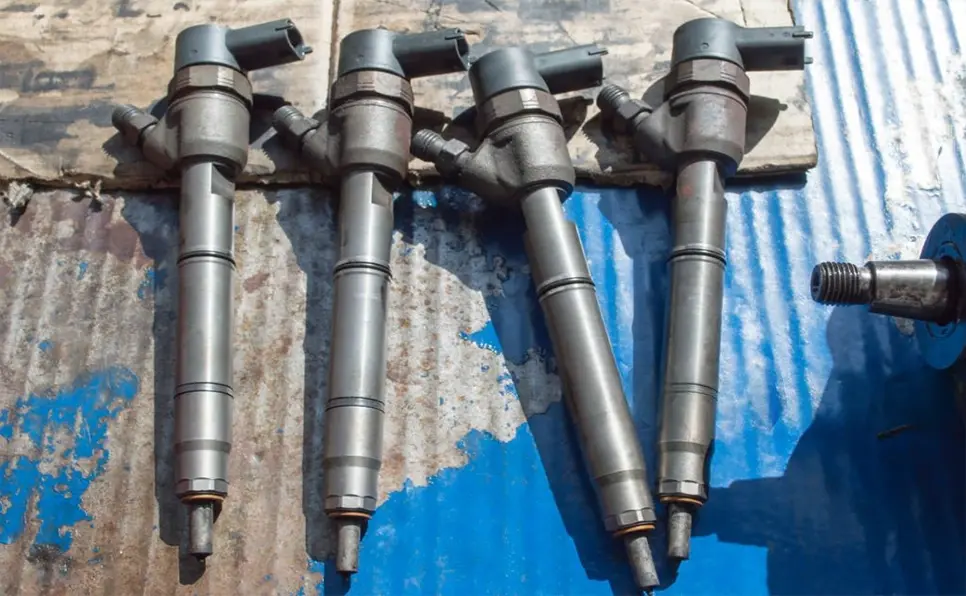
The injectors are the component responsible for injecting fuel into the combustion chambers, and any failure in injection will result in reduced engine torque.
The main cause of injector failure is the accumulation of dirt inside and on the injection nozzle. Some of the dirt comes from the fuel itself and often clogs the injector from the inside. Dirt accumulated on the injector head is incompletely burned carbon.
The solution to this problem varies depending on the situation. An injector cleaning solution can be poured into the fuel tank, which will clean the injectors and restore them to their normal condition. However, in some cases, this method will be ineffective, requiring you to disassemble the damaged injector and take it to a technician for repair or replacement.
Turbo Failure
Turbo failure causes significant loss of engine torque, with smoke emerging from the exhaust. Sometimes, the cause isn’t the turbo itself, but rather one of the connections. Therefore, the hoses should be carefully inspected to detect any holes and repair them if found.
Turbo failure or broken connections don’t appear during idle, but rather on the road at medium to high speeds. You’ll notice the car as if it’s dragging a heavy object behind it, preventing it from accelerating. When the turbo or one of its control components fails, the speedometer will only exceed 80 km/h after prolonged, hard pressure on the accelerator pedal.
The most important cause of turbo failure is excessive speed and harsh handling of the engine. Another very important cause is engine oil, which often causes turbo failure. This occurs when the oil doesn’t reach the engine to lubricate and cool it.
Environmental Systems
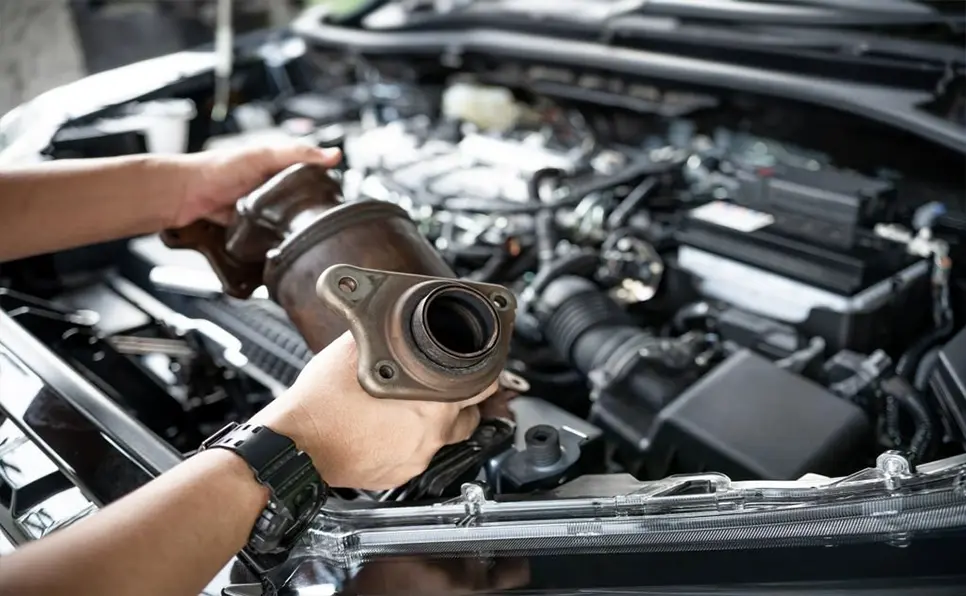
The catalytic converter is a component that cleans the exhaust gases from the combustion chambers and reduces the amount of carbon emitted into the air.
This component naturally gets dirty more than other components because it traps all the exhaust gases inside. Any excessive dirt will cause the engine to suffocate and prevent it from performing as required. The engine may also be damaged if the catalyst remains dirty for a long time.
There are other environmental systems that are widely used in diesel engines. These include the diesel particulate filter (DPF), abbreviated as DPF. This system is more complex than the catalytic converter.
It is equipped with a nozzle that sprays a special solution called ADbleu or DEF (Diesel Exhaust Fluid). This solution is filled in a special tank, and the nozzle sprays it periodically to remove deposits and carbon deposits resulting from diesel combustion in the engine.
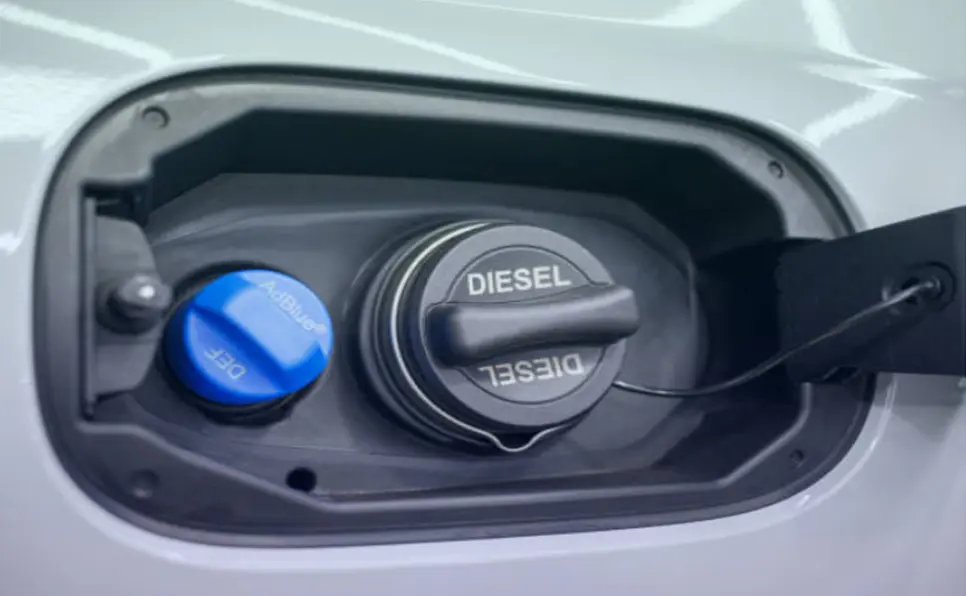
This system causes many problems, particularly with torque and overall performance, and negatively impacts the engine’s lifespan.
Cleaning the catalytic converter will make the engine run better. The DPF system, however, is somewhat complicated, so many people resort to removing it. It’s a system designed to reduce emissions, not improve engine performance. You won’t notice a difference in engine torque, but you will permanently eliminate the problems associated with this system.
Removing environmental systems from your car may result in a fine, especially in Europe. In other countries, you may not face any problems, but in countries with strict emissions controls, you may face legal issues.

